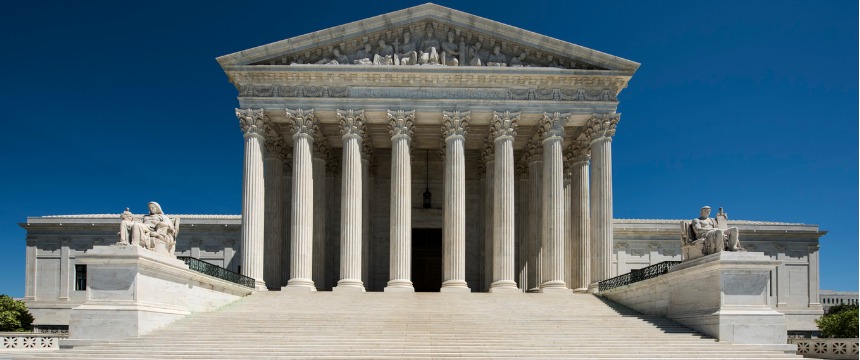
The Supreme Court on Thursday issued its long-awaited ruling on what constitutes an “automatic telephone dialing system” (ATDS) under the Telephone Consumer Protection Act (TCPA), in Facebook Inc. v. Duguid, Case No. 19-511. The TCPA prohibits certain telephone calls or texts sent with the use of an ATDS, which is defined as “equipment which has the capacity — (A) to store or produce telephone numbers to be called, using a random or sequential number generator; and (B) to dial such numbers.” A circuit split developed between the various courts of appeals over what technology qualified as an ATDS. The Ninth and Second Circuits held that the term ATDS encompassed all devices with the capacity to store and automatically dial numbers. Alternatively, the Seventh and Eleventh Circuits held that an ATDS only covers devices that send messages or make calls to randomly or sequentially generated phone numbers.
The Supreme Court in Facebook unanimously overturned the Ninth Circuit’s broad interpretation of an ATDS, delivering a significant win for TCPA defendants. One of the key arguments was whether the statute’s phrase “using a random or sequential number generator” modifies both “store” and “produce.” The Court ultimately held that, “[t]o qualify as an ‘automatic telephone dialing system’ under the TCPA, a device must have the capacity either to store a telephone number using a random or sequential number generator, or to produce a telephone number using a random or sequential number generator.” (Those interested in the rules of grammar and canons of statutory construction will enjoy reading the decision and concurrence.)
The result of the ruling is that equipment like that used by Facebook, which does not randomly store or generate numbers, is not covered by the TCPA as an ATDS. Facebook’s system maintained a database of phone numbers and—using a template and coding that automatically supplied the browser information and time of access—programmed its equipment to send automated messages to those numbers each time a new device accessed the associated account.
While the ruling provides much-needed clarity on the equipment itself, it has no impact on the TCPA’s prerecorded message restrictions. Companies using automated messaging to connect with consumers should remain vigilant, as the TCPA landscape continues to evolve through new case law and adapt to emerging technologies. The decision is, however, expected to have a significant impact in a number of pending cases, particularly as it relates to text messaging programs.





